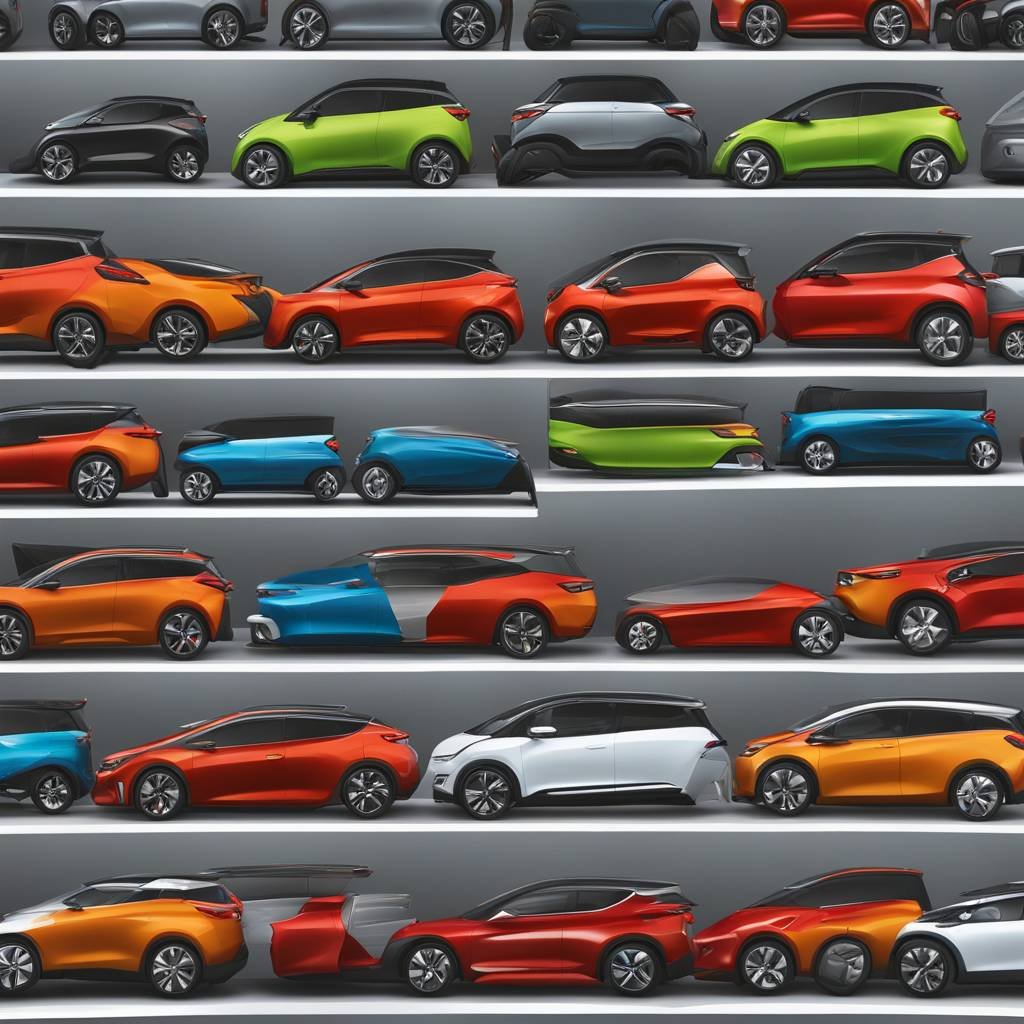Summary
– High prices and limited charging infrastructure are major barriers to electric vehicle (EV) adoption
– General Motors (GM) has revised its EV production forecast to between 200,000 and 250,000 electric vehicles for 2024
– The AP study highlights that concerns about cost and range anxiety are deterring US drivers from purchasing EVs
– Most Americans prefer to purchase a more expensive US-made EV over a less expensive Chinese model
– GM’s Sustainability Report outlines the company’s commitment to achieving an all-electric, zero emissions world while also addressing climate change concerns
Article
A study by the Associated Press-NORC Center for Public Affairs Research and the Energy Policy Institute at the University of Chicago in 2024 found that high prices and limited charging infrastructure are major barriers to electric vehicle (EV) adoption. This aligns with General Motors (GM) adjusting its EV production forecast, scaling back to producing between 200,000 and 250,000 electric vehicles in 2024 due to slower-than-expected demand. GM’s Sustainability Report reflects their commitment to achieving an all-electric, zero emissions world while ensuring an equitable and inclusive transition.
The study reveals that only 1 in 10 US drivers currently own or lease an all-electric vehicle, with 40% of adults considering an EV for their next vehicle. Cost and range anxiety remain concerns for potential EV buyers, with many citing saving money on gas and maintenance as motivations for purchasing an EV. Despite these concerns, most Americans lean towards buying US-made EVs over foreign models, even at a higher price point, showcasing a preference for domestic products.
The US residents’ beliefs about the climate crisis play a role in their willingness to adopt EVs, with a majority acknowledging the reality of climate change. Democrats and Republicans alike express belief in climate change, with geographic variations and influences from figures like former president Donald Trump affecting opinions on EVs and emissions. While most Americans are not in favor of a monthly carbon fee, many support a tax on corporations for their carbon emissions.
GM’s Sustainability Report highlights their commitment to environmental action, innovation, responsible governance, and engaging communities in the transition to an all-electric future. The company aims to achieve carbon neutrality in global products and operations by 2040 by producing a broad portfolio of EVs and enhancing the sustainability of their supply chain. GM also emphasizes their efforts to reduce emissions through manufacturing, invest in EV production facilities, expand battery production, and address barriers to EV ownership.
The report outlines GM’s accomplishments in reducing Scopes 1 and 2 emissions, improving energy efficiency, utilizing renewable power, and expanding battery production through partnerships. The company also focuses on reducing emissions in their supply chain by encouraging suppliers to enhance emissions tracking and reduce CO2 emissions. Investments in hydrogen fuel cell technology and charging infrastructure aim to further reduce carbon emissions and facilitate the transition to electric vehicles.
In conclusion, GM’s Sustainability Report underscores their ongoing efforts to drive impactful change towards an all-electric future. Despite challenges such as high prices and limited infrastructure hindering EV adoption, GM remains committed to achieving their sustainability goals and contributing to a zero emissions world. Through innovation, collaboration, and responsible governance, GM aims to lead the way in the transition to electric vehicles and a cleaner, more sustainable future.
Read the full article here


